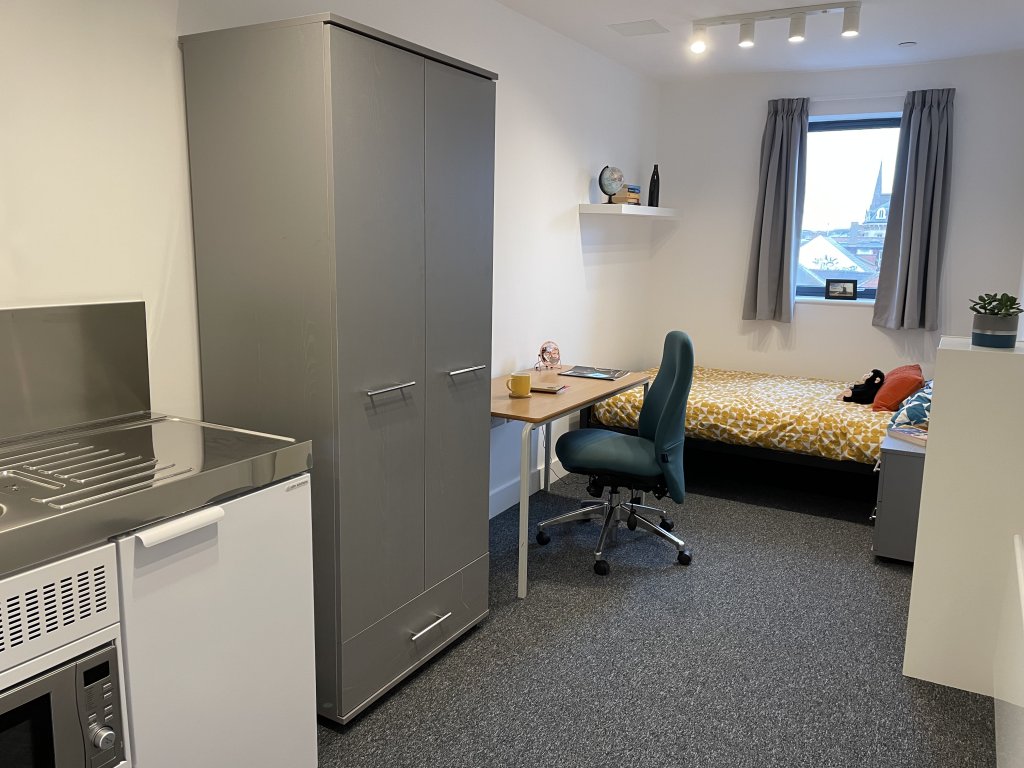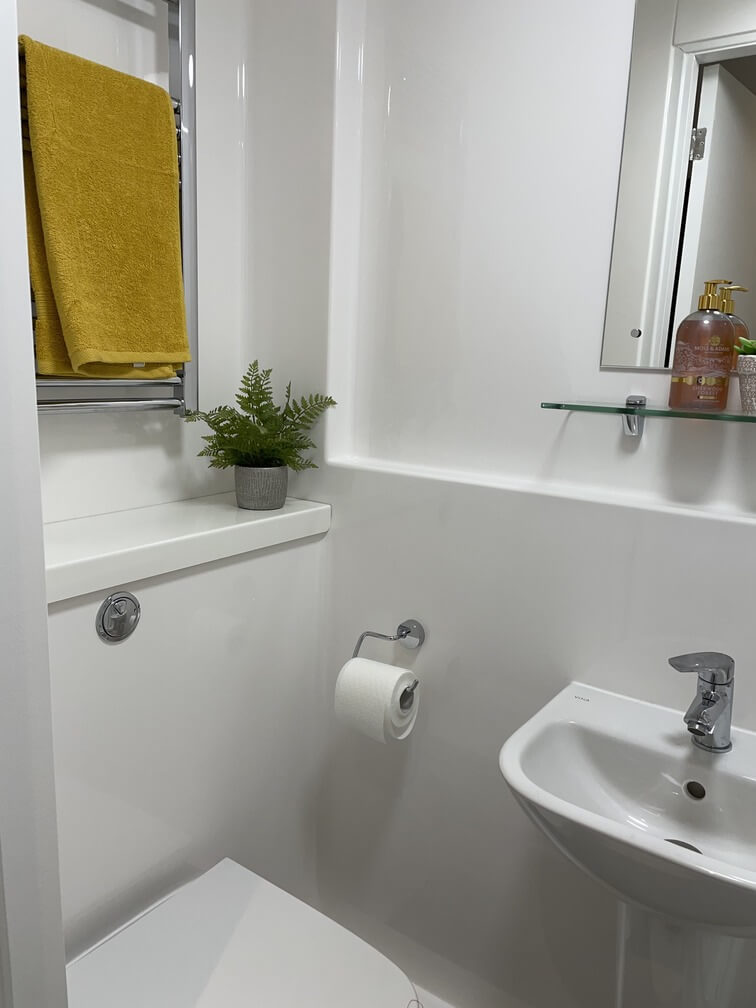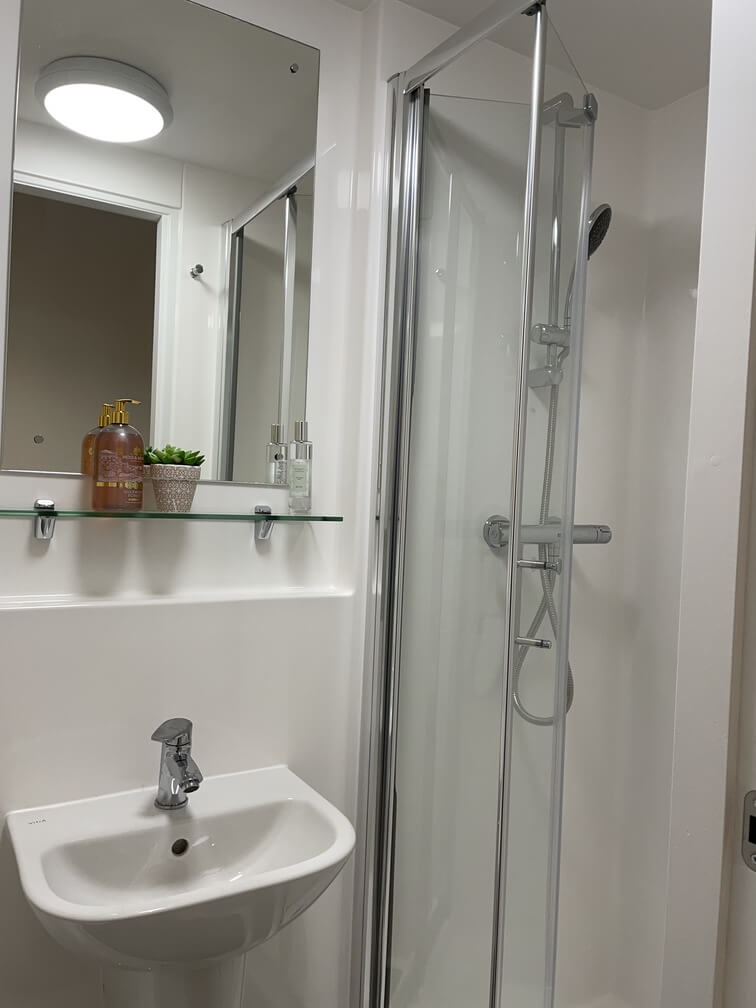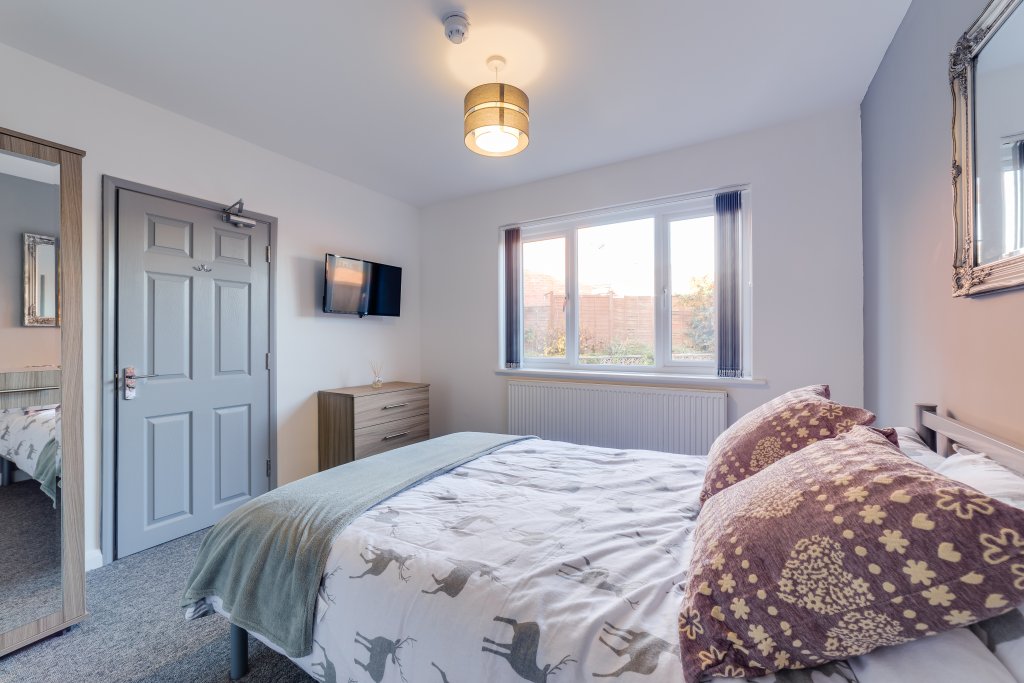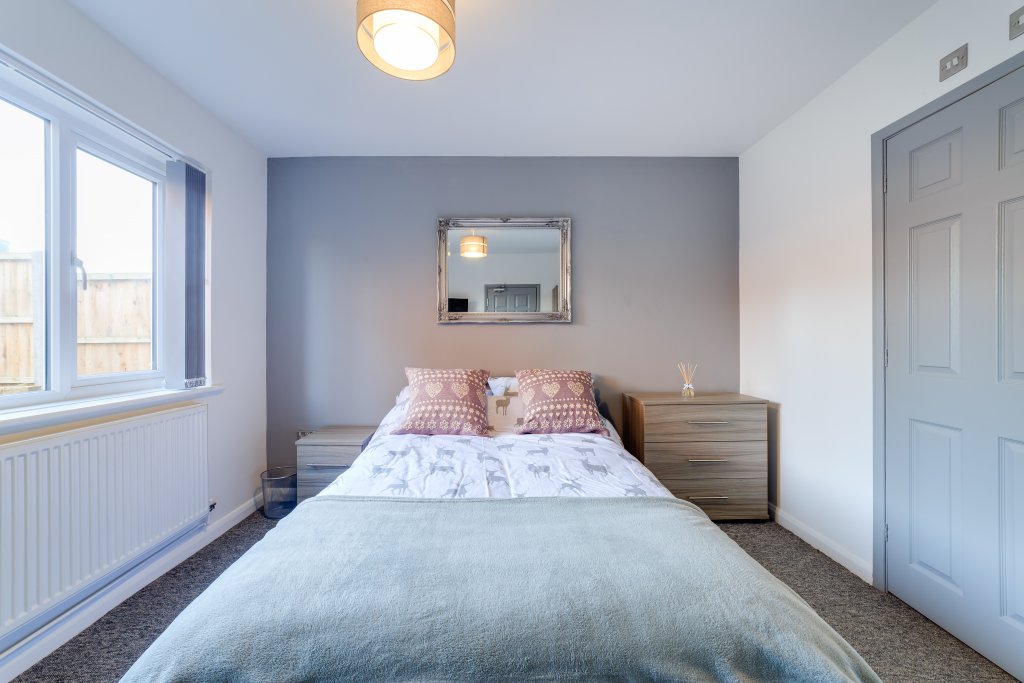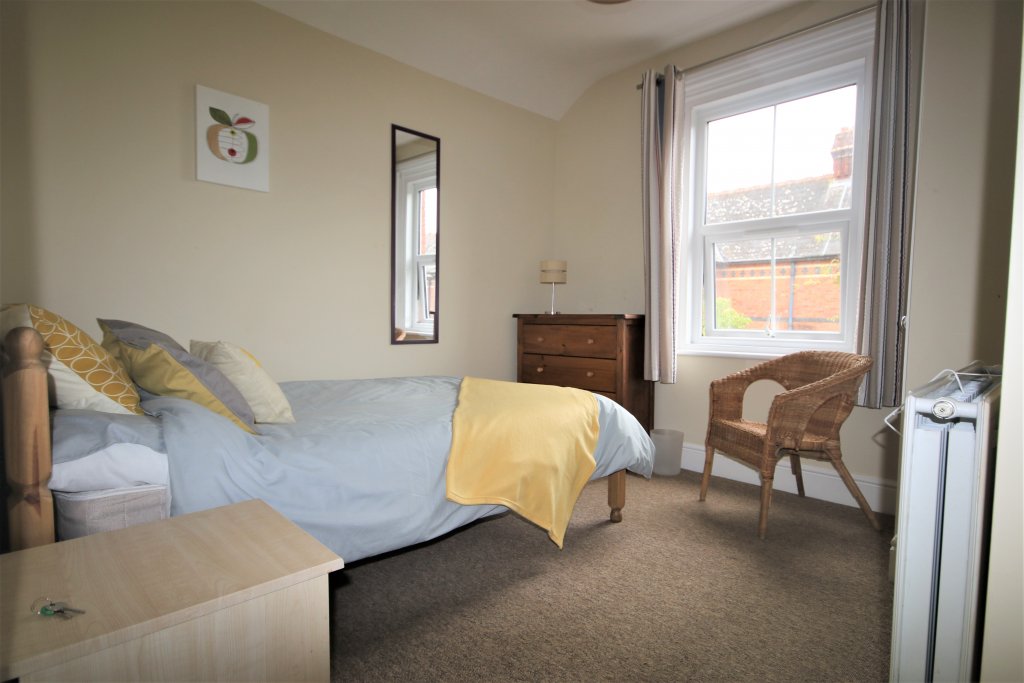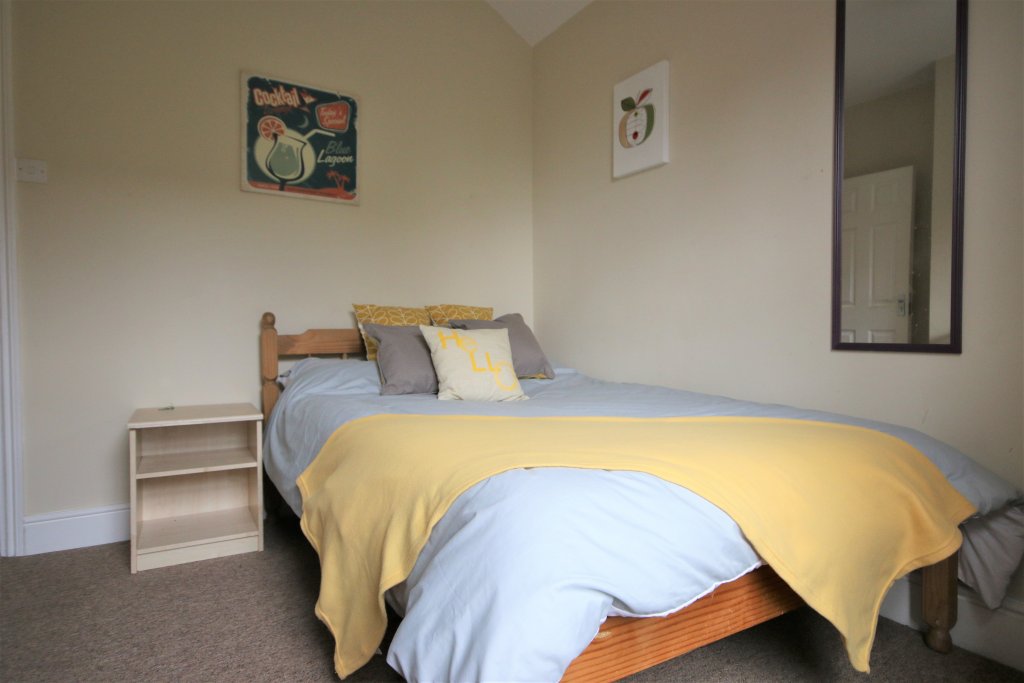Generation Rent: How The HMO Market And Property Investors Can Play A Part

Creating HMO Properties Tenants Want To Live In Long Term
You may have noticed increasing demand for your HMOs. Room rents in the majority of urban locations across the UK are hitting historic highs, according to recent data from SpareRoom. About 41 out of 50 of the largest towns and cities were at record levels throughout the early part of 2022.
Modern lifestyles and financial circumstances of Generation Z and millennials are boosting demand across the private rented sector. They have been named Generation Rent for years as they have been priced out of buying. However, some are choosing to live in rental properties for longer as a lifestyle choice.
Either way, a quarter of 20 to 39-year-olds have moved home 10 or more times since leaving their family house, according to additional research by SpareRoom. This is twice as many homes as the average for their parents’ generation across their entire lifetime. And this is expected to increase to three times as many homes before Generation Z and millennials find their forever home.
Here I’m going to cover the importance of the HMO sector to fulfil demand from Generation Rent and the opportunities this creates for HMO investors, in addition to a few tips for creating properties tenants want to live in long term.
The Importance of the HMO Sector
Affordability is a big reason why young people have been renting for longer. And many modern-day buyers will continue to be priced out of the market until later in life as house prices continue to increase to record highs. This is where HMOs really come into play.
As co-living tends to be cheaper, HMOs will likely be an even more popular choice as the cost-of-living crisis continues. On top of that, being surrounded by other people can help them feel less isolated, and it provides flexibility that many young people are prioritising.
With the current squeeze on people’s finances due to surging inflation and higher household bills, this trend is expected to only increase further.
The Opportunities for Investors
With more tenants renting for longer, this brings opportunities for HMO investors to not only bring forward new rental units and help alleviate pressure from the housing shortage but also create properties and rooms that tenants love living in.
If tenants enjoy living in your HMOs, they will likely want to stay for longer, and this can in turn make your properties more profitable. Additionally, with how the market is changing, this also creates growing opportunities for investors to adapt student HMOs they’re struggling to fill rooms in to professional HMOs.
Your location could have fallen out of favour with students, so consider if professional tenants could work as an alternative, especially as location preferences have recently changed for different demographics. And with young people renting for longer, this will likely further boost demand in the professional sector during the coming years.
4 Tips for Creating Properties Tenants Want to Live In
With tenants set to remain renting for longer moving forward, here are a few tips to help you create the kinds of HMOs tenants want to live in for longer.
1. Produce Well-Designed, Modern Living Spaces
With modern tenants wanting more out of their properties, well-designed, high specification HMOs can make your property stand out and make it more enjoyable to live in.
Be smart about the way that you use and create open-plan spaces and how you place and use furniture throughout your houses. I’ve found that adding breakfast bars and desk spaces have been particularly popular in a number of our recent projects.
2. Have a Great Tenant Matching Process
If you can find tenants who are of a similar age, have similar interests, and are there for similar reasons, then they’re more likely to build natural relationships and enjoy living in your property. When it comes to advertising your rooms, make it clear the sort of tenant you’re looking for.
There’s no exact science to this, and you won’t get it right every single time. But if you do put time and attention towards looking for people who have similar interests and ask them questions to pull that sort of information out, then it’ll be easier to put tenants together who will likely enjoy living together.
3. Prioritise Community
When looking for properties and planning refurbishments, consider how you can create the right communal spaces so that tenants can easily spend time together. Focusing on this can allow you to create a better feeling of community within the household.
If you can effectively incorporate community living into your HMO properties, tenants are more likely to stay for longer. Without this, it can be quite a lonely existence, which could lead to tenants wanting to move out sooner.
4. Invest in Energy Efficient Improvements
Many people, particularly Generation Z and millennials, are wanting to live more sustainable lives. A HMO with a better EPC rating or more green features is likely to be more attractive to those who are energy conscious, which could also create greater demand for your property.
With the cost-of-living crisis, and particularly surging energy costs, it will become even more worthwhile to invest in energy-efficient improvements for your HMO properties. This allows you and tenants to save on utility bills, which can make a big difference as prices skyrocket.
Focus on creating the kinds of properties your prospective tenants want to live in as this can make them feel more at home and can even lead to your tenants staying for longer!









